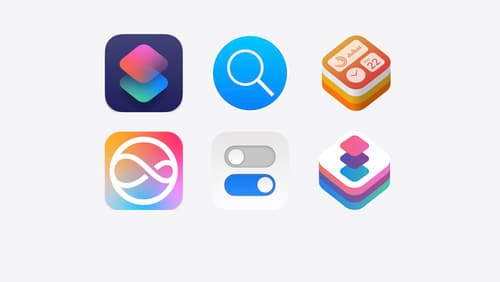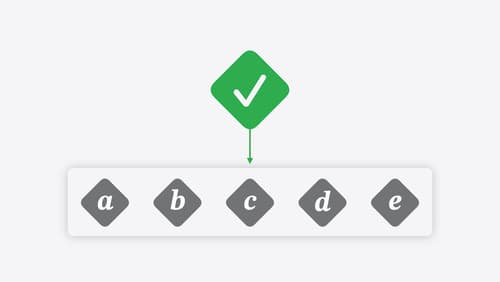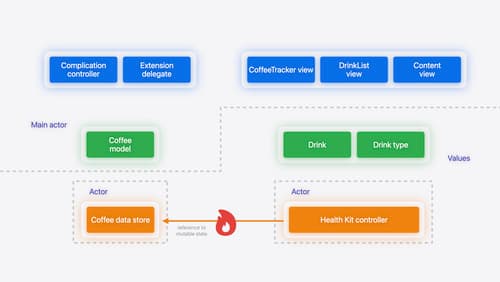some any
Asked on 2024-09-19
1 search
It seems like you're interested in the use of the any type in Swift, particularly in the context of WWDC sessions. Here's some relevant information from the sessions:
-
Go small with Embedded Swift: In this session, the use of
anytype is discussed in the context of embedded Swift. The session suggests replacing the use ofanywith generics to avoid expensive runtime support or type metadata. This is part of a broader discussion on how generics are supported in embedded Swift, allowing for more efficient code. -
Consume noncopyable types in Swift: This session touches on the concept of
anytype being inherently copyable, which is a common trait across many programming languages. The session explores the broader space of types in Swift, including noncopyable types, and how they can be used in generic code. -
What’s new in Swift: The session introduces the concept of typed throws, where untyped throws are equated to type throws with an
anyerror type. This allows for more precise error handling in Swift, avoiding type erasure and enabling more generic error handling.
If you have a specific question about these topics or need a timestamp for a particular section, feel free to ask!

What’s new in App Intents
Learn about improvements and all-new features with App Intents, and discover how this framework can help you expose your app’s functionality to Siri, Spotlight, Shortcuts, and more. We’ll show you how to make your entities more meaningful to the platform with the Transferable API, File Representations, new IntentFile APIs, and Spotlight Indexing, opening up powerful functionality in Siri and the Shortcuts app. Empower your intents to take people deep into your app with URL Representable Entities. Explore new techniques to model your entities and intents with new APIs for error handling and union values.

Go further with Swift Testing
Learn how to write a sweet set of (test) suites using Swift Testing’s baked-in features. Discover how to take the building blocks further and use them to help expand tests to cover more scenarios, organize your tests across different suites, and optimize your tests to run in parallel.

Migrate your app to Swift 6
Experience Swift 6 migration in action as we update an existing sample app. Learn how to migrate incrementally, module by module, and how the compiler helps you identify code that’s at risk of data races. Discover different techniques for ensuring clear isolation boundaries and eliminating concurrent access to shared mutable state.
